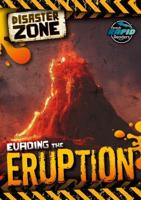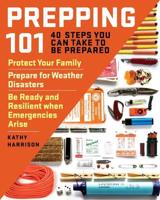Publisher's Synopsis
For most boaters, talking on the radio doesn't come easy. But the biggest challenges are not technical--instead, they are some of the most basic aspects of radio use:
- How to understand what you hear over the radio
- How to speak clearly and capably to other vessels and shore stations
- When and how to use your radio in an emergency
- Why VHF is used for marine radio and what the benefits and drawbacks are
This isn't a replacement for the manual that came with your radio... this is the manual for the manual that came with your radio!
It's full of practical information and tips for communicating effectively over marine VHF and using other radios on board. The protocol, slang, and procedures being used every day out on the water are more important to the average boater than antenna theory and electromagnetic physics! This book delivers the information you are looking for in plain English, without a lot of jargon or technical knowledge required. If you're uncomfortable making a radio call or have trouble understanding what you are hearing on your VHF, Marine Radio for Recreational Boaters can help.
The book will help you understand features and functions like:
- Digital Selective Calling
- What channels you should actually use and when
- Practical considerations in radio installation and troubleshooting for laypersons
- Whether or not you need a radio license
- Many example radio conversations
- How VHF fits together with other radio-driven systems onboard such as AIS, SSB, Ham, and more
Additionally, you'll find appendices chock full of extra information like:
- An explanation of the Global Maritime Distress and Safety System (GMDSS)
- Digital Selective Calling (DSC) and Maritime Mobile Service Identity (MMSI) numbers
- Basic scripts to help you through common radio interactions
This is as basic an introduction to marine VHF radio use as you will find available anywhere today, available in either paperback or as a downloadable ebook for browsing on the go.










